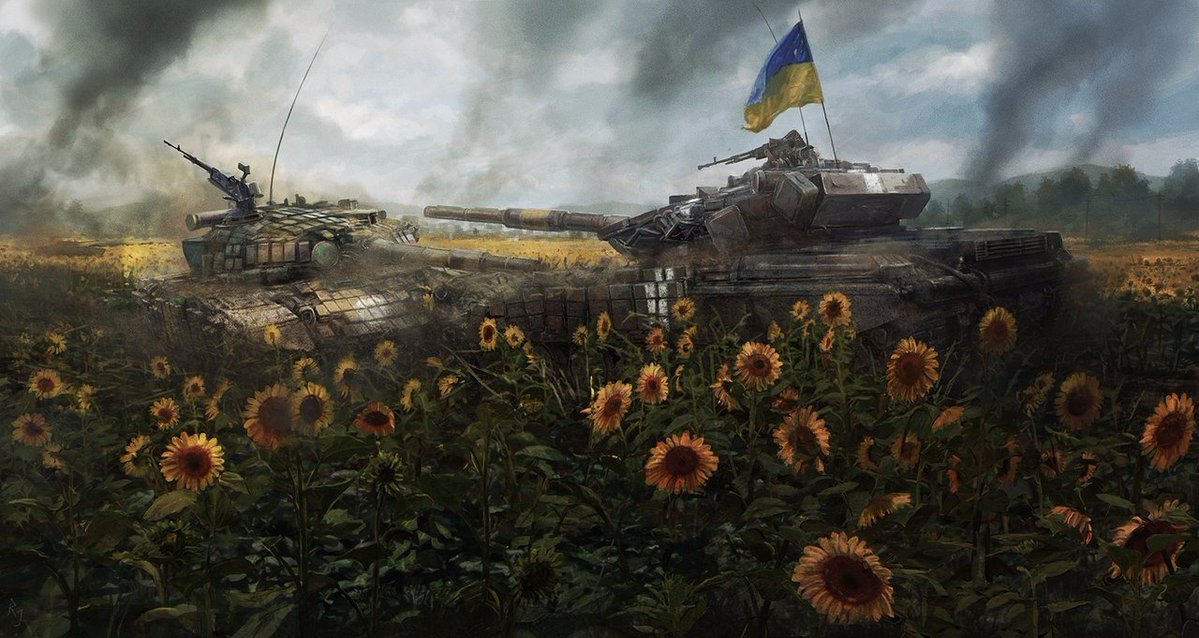Russian aggression in Ukraine which is seeking to rejoin Europe is a clash of civilizations that has its roots in developments a half millennium ago when Muscovy destroyed Novgorod which like Ukraine today looked to the principles of European civilization rather than as Muscovy did and does toward those of the Mongol khans, Yevgeny Ikhlov says.
Because Samuel P. Huntington stressed religions as the basis of civilizations, few have been willing to see that within those religious communities there can be significant civilizational conflicts. But even though both Russia and Ukraine are Orthodox, they are on two sides of a civilizational divide.
According to Ikhlov, “the Russian-Ukrainian war is a typical civilizational conflict,” one in which an imperial center is seeking to take control or resume control over peoples on its borders who look not to it but to other civilizational centers, in this case to Europe.
Even though Russia is in part “’a daughter’” of European civilization, the Russian commentator continues, its political system reflects not European values but those of the Mongol horde. Ukraine in contrast seeks to rejoin “’maternal’ European civilization.”
Over the past five years since the Russian invasion, he argues, this civilizational divide has become even clearer. Central Ukraine “would never tolerate the kind of arbitrariness and illegality” which the Russians have introduced into occupied Crimea and the contested Donbas regions.
In important ways, Ikhlov says, the conflict now is the same as the one at the end of the 15th century when Muscovy's “’Orthodox sultanism’” moved to suppress European values in the western borderlands Muscovy aspired to control. At that time, there occurred “the historic division of Rus into West and East,” with the former influenced by Europe and the latter by the Mongols.
“It remains only to recall,” Ikhlov says, “that both attempts at the conquest of Belarus by Muscovy in the 16th and 17th centuries also were typical civilizational conflicts for the borderlands and bore an extremely sharp character as a result of the resistance of the local ‘Litvin’ population.” As a result, the conquerors used genocide to keep power.
Read More:
- The real clash of civilizations: Last Lenin comes down in Kyiv as Stalin cult rises in Moscow
- Inozemtsev: Russian Empire’s special features haven’t disappeared in Russia today
- Tatar historian: ‘Russians are no more European than are the Tatars’
- Symbolic expansion: how Putin annexes history, not only territories
- Why there are Muslim crescents on Orthodox crosses in Moscow but not in Kyiv
- Ukrainian conflict is between ‘heirs of Kyivan Rus’ and ‘heirs of Golden Horde’
- Russia and Russian nation owe their existence to the Mongols, Kalmyk émigré Eurasianist argued
- How Moscow hijacked the history of Kyivan Rus’
- Ukraine and Russia “share a long and common history” FAQ

